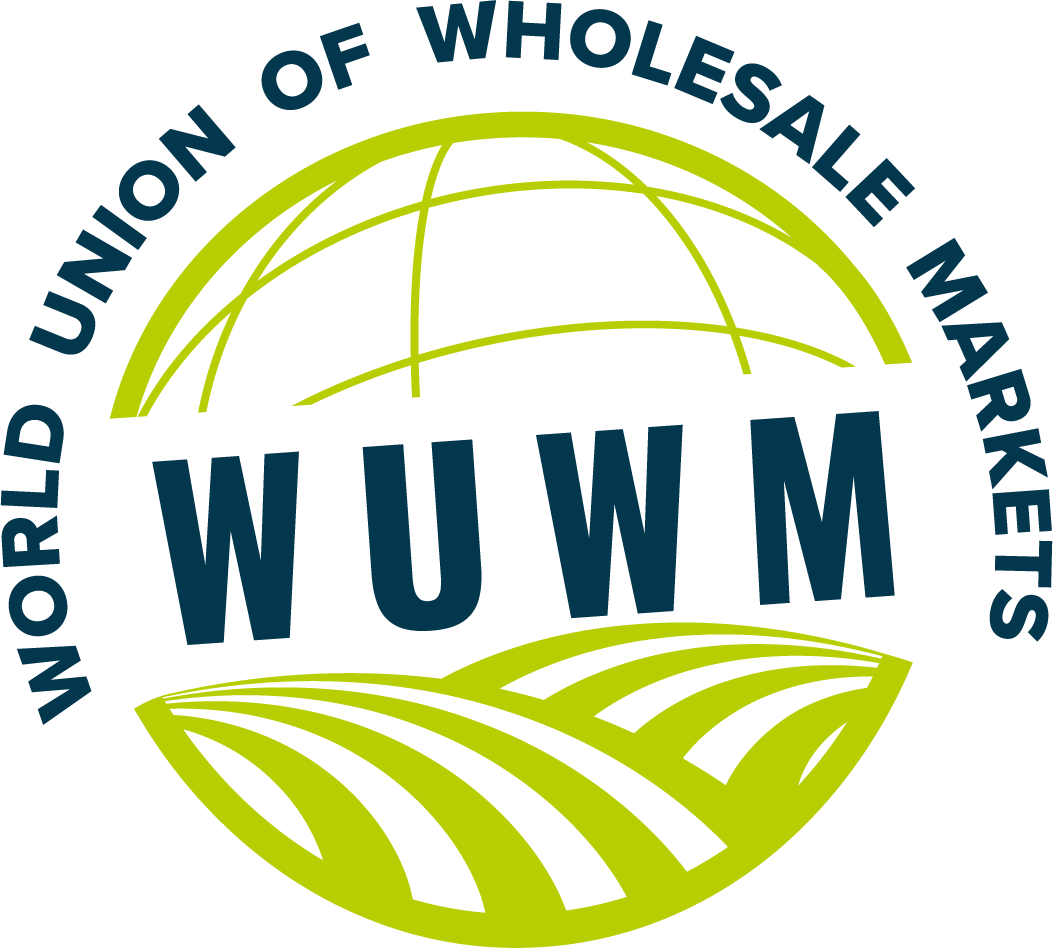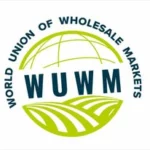Executive summary:
During the 5th WUWM Retail Conference in Madrid experts discussed issues such as the importance of retail markets in the EU (more than one million people are employed in EU retail markets) and the expanding range of products and services offered in today’s retail markets. Attendants also discussed the role of retail markets in an urbanizing world and how retail markets can help keep inner-cities vibrant. Furthermore, this conference touched base on new competitive innovations, the promotion and management of retail market networks, and reviewed and discussed the new European Commission directives and legislation.
The key outcomes of this meeting are:
- A European retail market study launched by WUWM in 2008 shows that at least 25,000 retail markets exist within the EU alone, with more than 450,000 retail market traders operating businesses on those markets. Additionally, more than 1 million people are employed on EU retail markets, with the total turnover surpassing Euro 35billion.
- Retail markets are a vital element in the structuring of cities and are essential tools for commercial urbanization. ‘Traditional’ market does not mean ‘old’ market. Markets are ‘traditional’ in the sense that they respect and utilize historical architecture, offer consumers attention and personalized service, and allow communities vibrant, safe, entertaining and attractive inner-city meeting place, along with offering other social and economic benefits. Today’s retail markets offer a wide range and variety of product and services in a modern commercialized setting.
- City developers appreciate markets as new urban development tools, being an important element of the “slow city” concept: cities where inhabitants can leisurely shop for small volumes, several times a week, within walking distance from their home or office, negating the use of a car and thus limiting environmental damage (e.g. pollution, congestion, etc.), and counteracting past large city trends which encouraged inhabitants to visit suburban-placed hypermarkets, often destructive to inner-city center commerce and vibrancy.
- WUWM supports joint collaborative approaches to the European Commission in terms of excellence, innovation, and good practice; WUWM members look forward to further strengthening their contacts and activities in this area.
Main issues discussed:
- New Competitive Innovations for European Retail Markets
- Manuel Estrada-Nora, Chief, International Department, Mercasa, Spain and WUWM Vice-Chairman
- René Van Gool, Owner and Managing Director, VGSA Ltd, The Hague, the Netherlands
- Roberto Alonso Gordon, Chief of Studies, Mercasa, Madrid, Spain Graham Wilson, CEO, NABMA, UK
- Victor Martín Cerdeño, Professor, Universidad Complutense, Madrid, Spain
- Juan Ignacio Robles Picón, Professor, Universidad Autonoma of Madrid, Spain
- Octavio Rodríguez Toledano, President, Market Traders Association, San Antón Market, Madrid, Spain
- Promotion and Management of Retail Market Networks
- Andrés de Pando, International Director, Mercasa, Spain
- Fidel Shomakhov, Head of Foreign Department, Russian Wholesale & Retail Markets Assoc, Russia
- Malcolm Veigas, Assistant Director (Environmental Services), Bolton Council, UK
- Jan Lloyd, CEO, New Covent Garden Market, London, United Kingdom
- Jean-Paul Auguste, Chairman, Groupe Geraud, Paris, France
- Niels Løenborg Brandt, Manager, Jeudan A/S, Copenhagen, Denmark
- Carlos Rodriguez Marcos, Managing Director, Rasa Nostra, Madrid, Spain
- EU Retail Market Operations: Challenges and Opportunities
- Henk Achterhuis, President, Dutch Market Traders Assoc (CVAH), the Netherlands
- Jordi Torrades, Manager, Municipal Institute of Markets of Barcelona, Spain
- European Commission Directives & Legislation
- Round table discussion:
- Maarten de Graaf, Policy Advisor, HBD, Netherlands
- Graham Wilson, CEO, NABMA, UK
- Jordi Torrades, Manager, Municipal Institute of Markets of Barcelona, Spain
- Victor Manteca Valdelande, Manager, Spanish Agency Anti-Doping, Spain
- Henk Achterhuis, President, Dutch Market Traders Association (CVAH), Netherlands
- Round table discussion:
Other outcomes agreed to in the Declaration of 2 July 2012 (unanimous agreement of):
- Retail Markets in Spain in 2011 numbered some 75,000 market stalls, generating about 270.000 direct jobs, the product value being estimated in the region of some Euro 5billion. This includes 1,900,000 tons of fruit and vegetables; 225,000 tons of fish; and 425,000 tons of meat and meat products annually.
- Additionally, in 2011 Municipal Retail Markets in Spain distributed some 11.5% of the fish (225.000 tons) and 10% of the seafood, mollusks and crustaceans consumed in the country. They also distribute 9% of the fresh fruit and 8.5% of the fresh vegetables (2million tons) consumed annually by Spanish citizens; alongside 7% of the country’s fresh meat (425,000 tons) annual consumption.
- A European retail market study launched by WUWM in 2008 shows that at least 25,000 retail markets exist within the EU alone, with more than 450,000 retail market traders operating businesses on those markets. Additionally, more than 1 million people are employed on EU retail markets, with the total turnover surpassing Euro 35billion.
- Retail markets are a vital element in the structuring of cities and are essential tools for commercial urbanization. ‘Traditional’ market does not mean ‘old’ market. Markets are ‘traditional’ in the sense that they respect and utilize historical architecture, offer consumers attention and personalized service, and allow communities vibrant, safe, entertaining and attractive inner-city meeting place, along with offering other social and economic benefits. Today’s retail markets offer a wide range and variety of product and services in a modern commercialized setting.
- City developers appreciate markets as new urban development tools, being an important element of the “slow city” concept: cities where inhabitants can leisurely shop for small volumes, several times a week, within walking distance from their home or office, negating the use of a car and thus limiting environmental damage (e.g. pollution, congestion, etc.), and counteracting past large city trends which encouraged inhabitants to visit suburban-placed hypermarkets, often destructive to inner-city center commerce and vibrancy.
- Local markets support local production: although traditional retail markets offer imported products from various countries. Local markets are key to selling local product (often seasonal), with the additional positive knock-on effect of increasing local business income, limiting transportation, and increasing public healthy eating, etc.
- WUWM supports joint collaborative approaches to the European Commission in terms of excellence, innovation and good practice; we look forward in the future to further strengthening our contacts and activities in this area.


